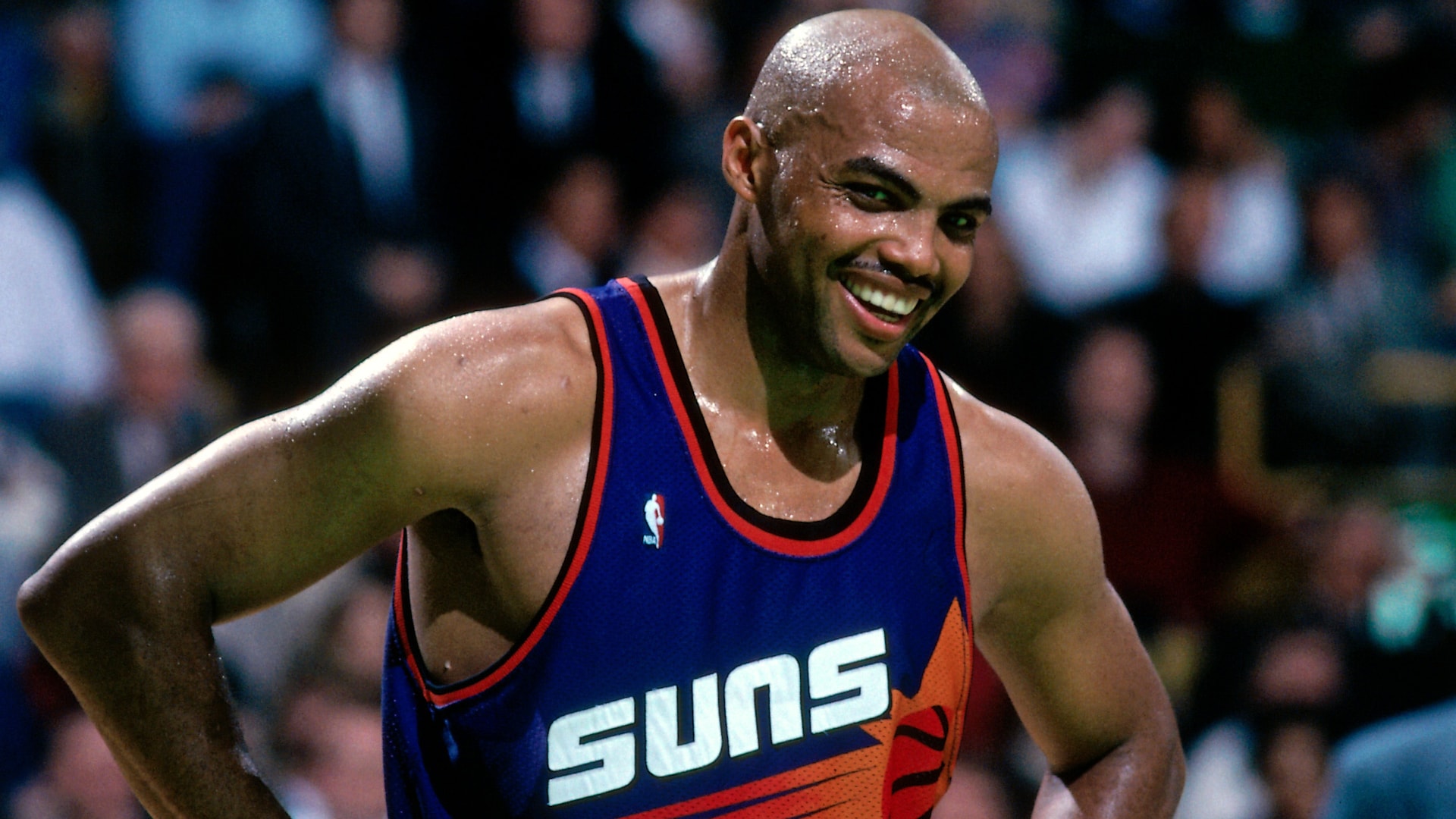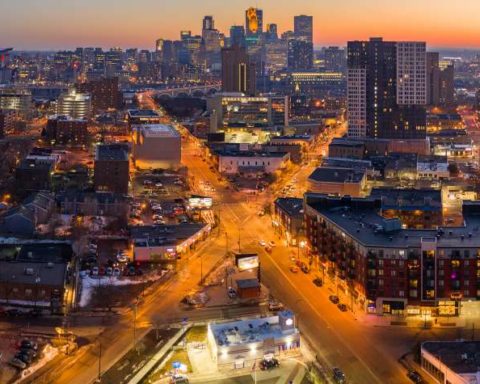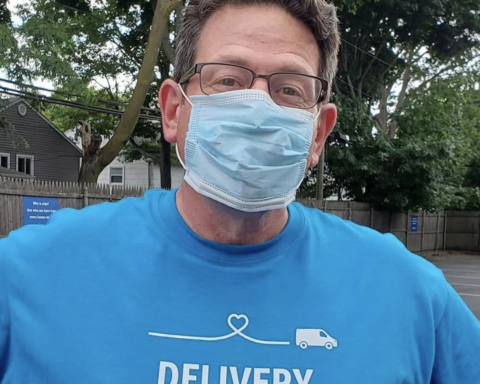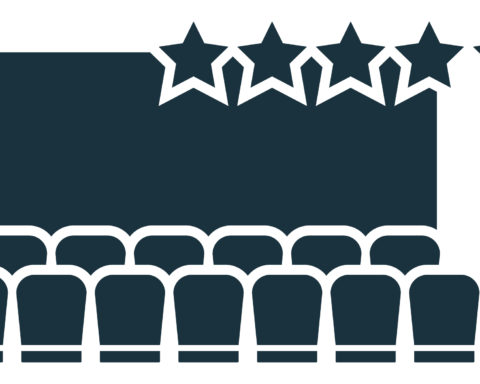“When you get to the NBA, you’re nobody and everybody is somebody”:
New York City—Naturally I was nervous because here I was, a 13-year-old kid talking to an NBA legend. I immediately started thinking of questions that would lead to answers that had previously been unknown. No matter how much I had prepared for this interview, nothing could prepare me for the answers that he would give me. He started, “Well, I was not that good in high school. I was 5’10” and a short and fat kid.” Later he shared that he believed athletes can be role models, but that he wanted young Black kids to know that they can be lawyers, doctors and teachers—not just athletes.
Let’s dive deeper into the beginning of Charles Barkley’s masterful career:
In 1984, Charles Barkley was drafted with the fifth overall pick by the Philadelphia 76ers. He went on to have a successful career with the 76ers, Phoenix Suns and Houston Rockets. Although he never won a championship, he is considered a top player in NBA history thanks to his MVP and 11 All NBA appearances. (Each year the All NBA teams include the three best players at each position.) Known for his immense strength, yet soft touch around the rim, Charles Barkley was an inspiration for many generations to come. During his career, he was known as outspoken and charismatic, which are qualities he keeps to this day. He exhibits them during the regular running of TNT’s “Inside the NBA” with Shaquille O’Neal, Ernie Johnson and Kenny Smith.
In 1993, Barkley came out with a commercial that stirred up controversy. He stated that he should not be a role model and that parents should be the ones raising their kids. He had some valid points, however not everybody was content with this back then. Nowadays, he believes that athletes can be role models, especially during these tough times where we need to take a step forwards in the right direction.
Right now, America is going through protests like we’ve never seen before due to the killing of George Floyd during Memorial Day weekend. Barkley states that during these unimaginable times, we must peacefully protest for what’s right. He continues by saying that rioting and looting would solve nothing, and instead would create more unnecessary violence.
Charles Barkley has taken part in many interviews over the years. Last week, I was given the chance to interview Charles Barkley through a family connection. When this interview was over, I wanted him to be impressed with my questions and for me to learn about his career and life.
Charles Barkley: Hey man, how are you doing?
Me: Hey, Charles Barkley, I’m good.
CB: I heard you wanted to interview me.
Me: Yeah, I’m starting to get into the sportswriting business and am interested in basketball. So I thought I could interview someone like you.
CB: Ok.
Me: Can I ask my first question?
CB: Yes, you can.
Me: Ok. So I was wondering how skilled you were when you were in high school.
CB: Well I was not that good in high school. I was 5’10” and a short and fat kid. Then, I had a growth spurt and I grew to 6’6”.
Me: Ok, so how did that change the way that you played?
CB: I moved to the center position and had to learn more about the angles because I was going against guys who were taller than me. I had to go lateral to attack them.
Me: Was basketball your main sport when you were young?
CB: Yeah, I always loved basketball and it was the only sport I played.
Me: Ok.
CB: I was born in a small town in Alabama. During my childhood, two of my brothers died. My grandmother worked at a meat packing factory and my mom was a maid. You had two options: You could either play sports or get in trouble. I knew I didn’t want to get into trouble.
Me: The 1984 Sixers team had recently come off a championship. Did you have to earn your respect on that team?
CB: When you go to high school, to college and to the NBA, you’re nobody and everybody there is somebody.
Me: Who did you bond with the most on that Sixers team?
CB: The most important person for me in basketball was Moses Malone. He said I was fat and lazy. I was 295 pounds and he made me lose 50 pounds. He pushed me to become great. We met every day.
Me: How different was the Dream Team experience from the real NBA?
CB: It was crazy. Do you know the Beatles, Michael Jackson? Five thousand people watching us walk 20 feet, a helicopter overhead, cop cars everywhere, a motorcycle with two guys holding machine guns, thousands of people watching us everywhere. By far, the craziest thing ever.
Me: Who did you bond with the most on that Dream Team?
CB: Michael Jordan was my best friend on that team. Me, Magic, MJ and Scottie would play cards every night.
Me: How many Olympics did you go to?
CB: I’ve been to two Olympics. I went to the 1996 Olympics in Atlanta. That was only two hours away from Birmingham so my family and friends could come see me play. The 1996 team did not have MJ, Magic or Larry.
Me: Was the 1996 Olympics a better experience than the Dream in 1992?
CB: No, in 1992 that was a historical and incredible team. It was our once in a lifetime moment to make history.
Me: How was the transition from being a player to being a commentator?
CB: Two years before I finished my career, I got a call about considering what I wanted to do next. It’s a really difficult decision to make. Dick Ebersol from NBC was my mentor during this part of my career. He told me that I could become a commentator for NBC. He told me I would be in trouble because I would always tell the truth and the public didn’t always want honesty. I then got invited by a friend to do an interview for TNT. It lasted four hours and they just wanted to talk about basketball. However, I wanted to talk about more significant things. I then went home and called my agent at 1 a.m and told him I had a problem. I wanted to sign with TNT. He told me to sleep on it, so I slept on it. I ended up waking up at 5 a.m because I couldn’t sleep at all. I then made the toughest phone call of my life to Dick Ebersol to tell him that I was signing with TNT. Dick was the one that got me into the TV business. He understood and we’re still friends to this day.
Me: Do you believe that right now athletes should be role models?
CB: This is a controversial question. You know I did a commercial. I think that athletes can be role models. Black kids thought that their only options were to be basketball players or entertainers. I wanted young Black kids to know that they can be lawyers, doctors and teachers, not just sports. They had a much better chance at being a doctor than being in the NBA. Nike said I was freaking nuts. But 90 percent of the mail was positive.
Me: How do you feel about the NBA reopening?
CB: I’m not down with this. If you put 22 teams in a little city, housekeeping people could get sick. In Alabama on Monday, they opened the football facilities and by Friday five tested
positive. In Auburn, three tested positive by Friday. I worry that a player could get their kids or wives sick. However, they will play because there is so much money at stake. You can put me on record as saying it’s a bad idea.
Me: Who was your greatest teammate of all time?
CB: It can’t be just one. I played 16 years, there were really really good guys. Most guys are really good guys. Derek Smith was awesome. Rick Mahorn was my best friend, Dan Majerle.
Me: What would you consider to be your greatest career accomplishment ever?
CB: My best career accomplishment was winning the two gold medals in the Olympics. If you ever get a chance to go to the Olympics then you definitely should go.
Me: What advice do you have to young players and sportswriters like me?
CB: Young players should save their money. Don’t let your family dictate how you spend your money. To you, I would say, “Will you cover all sports or just one sport?” Some sports commentators are full of crap, so you must learn many sports to get the correct information.
Me: I have one more question.
CB: Ok, what is it?
Me: What is the role of sports in addressing racism?
CB: This is a tricky question, a great question. Spike Lee had a movie “Do The Right Thing.” There’s a guy who’s racist but is asked, “Who is your favorite sports person?” [He says] Michael Jordan. “Who is your favorite musician?” Michael Jackson. He’s asked, “If you’re racist how can they be your favorites?” And he says that they’re not regular Black people. People don’t see famous Black people as regular Black people. When Colin Kaepernick takes a knee people get offended because we’re making so much money, but we have an obligation to say something, to do something. We have to start doing some stuff, we have a chance, we have to use our platform, our money to create change.
Me: What do you think about the protests?
CB: Peaceful protests are what this country was built on. I do not agree with rioting and looting.
Me: Ok, that’s all I have. Thank you so much for allowing me to interview you. I hope I’m not disturbing you.
CB: My pleasure and don’t worry, you were not disturbing me. You gave me something to do.
Me: Ok, thank you, bye.
CB: You’re welcome, bye.
As you can tell, the interview ended up being a success because of how outgoing he was and how he put me at ease during the interview. If I ever get to interview Charles Barkley again, these are the questions I would like to ask him: What led you to leave Philly? Why did you choose to go to Auburn? What went into the Dream Team selection process?








Thats my Brother
what a well written article and a great interview!
Excellent interview and article! Buen trabajo.
Great interview!
Best and only sports commentary I’ve ever read
That was good, I think that he will become a great person when he grows3 up
GO JAKEY